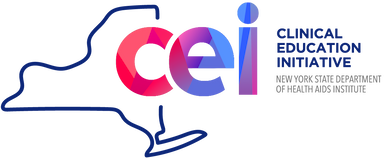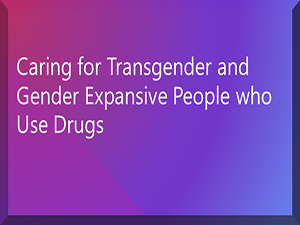Noelle Marie Javier, MD is an Associate Professor of Medicine at the Icahn School of Medicine at Mount Sinai, Brookdale Department of Geriatrics and Palliative Medicine in New York City. She is a graduate of the University of the Philippines College of Medicine Class of 2002. She finished her residency in Internal Medicine at both Long Island College Hospital, Brooklyn, New York and Jersey City Medical Center, Jersey City, New Jersey. She completed her two-year post-graduate fellowship training in both Geriatric Medicine and Hospice and Palliative Medicine at the University of Michigan Ann Arbor in 2009. She then joined the faculty at the Warren Alpert School of Medicine at Brown University in Providence, Rhode Island before being recruited by the Mount Sinai Health System. In her current capacity as a clinician, educator, and scholar at Mount Sinai, much of her time is spent conducting inpatient consultative service for both subspecialties as well as assistance with the hospital medicine teams. Apart from her clinical duties, she has had opportunities to conduct research, publish, and present at local, regional, national, and international conferences such as the GLMA Annual Conference, American Geriatrics Society (AGS), the American Academy of Hospice and Palliative Medicine (AAHPM), and the International Congress in Palliative Care (ICPC). Her areas of scholarly interest include wound care, pain management, medical education, palliative care in the nursing home, rehabilitation in palliative care, pediatric palliative care, and inclusive and affirming geriatric and palliative care for the LGBTQ population.


